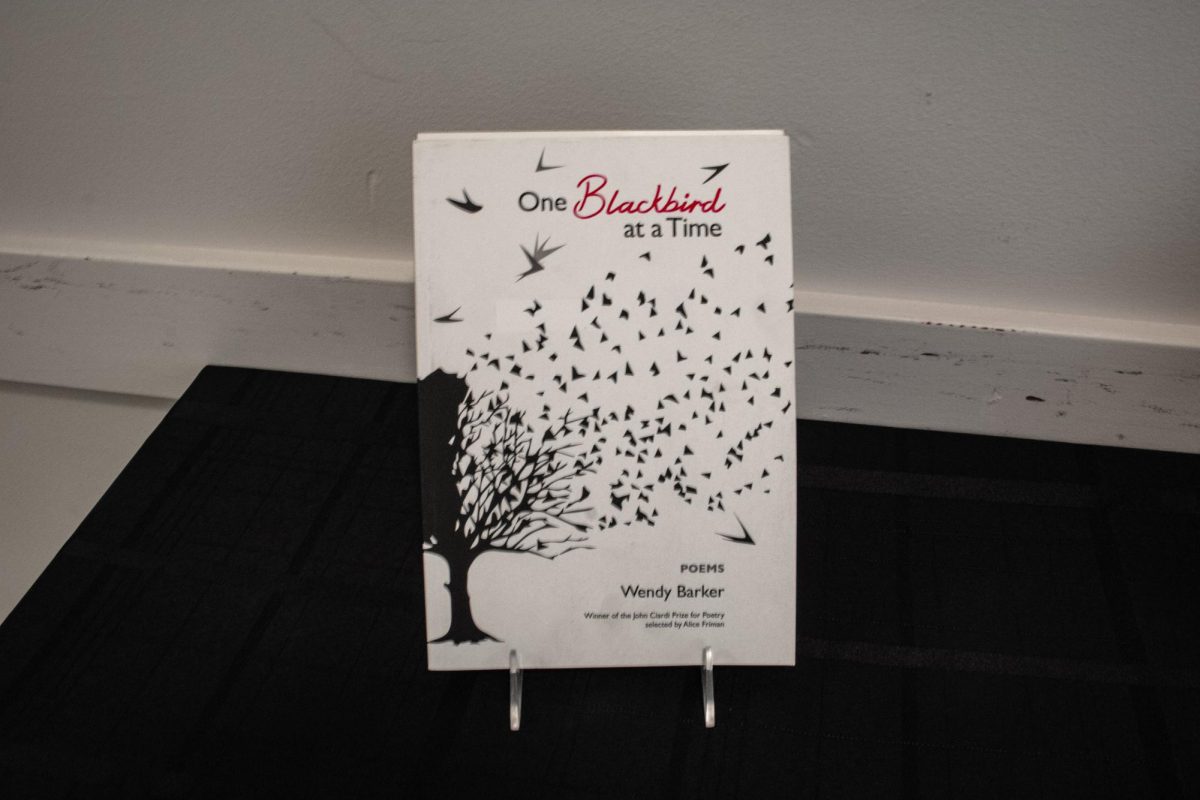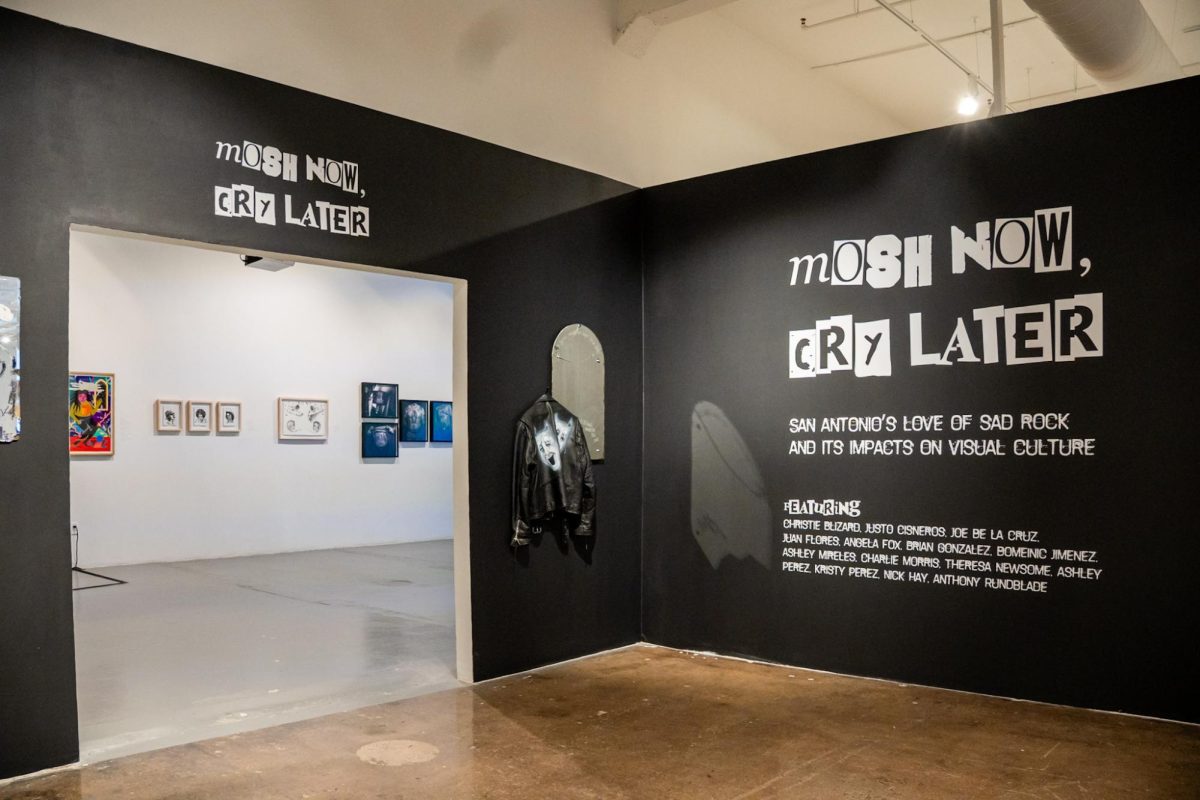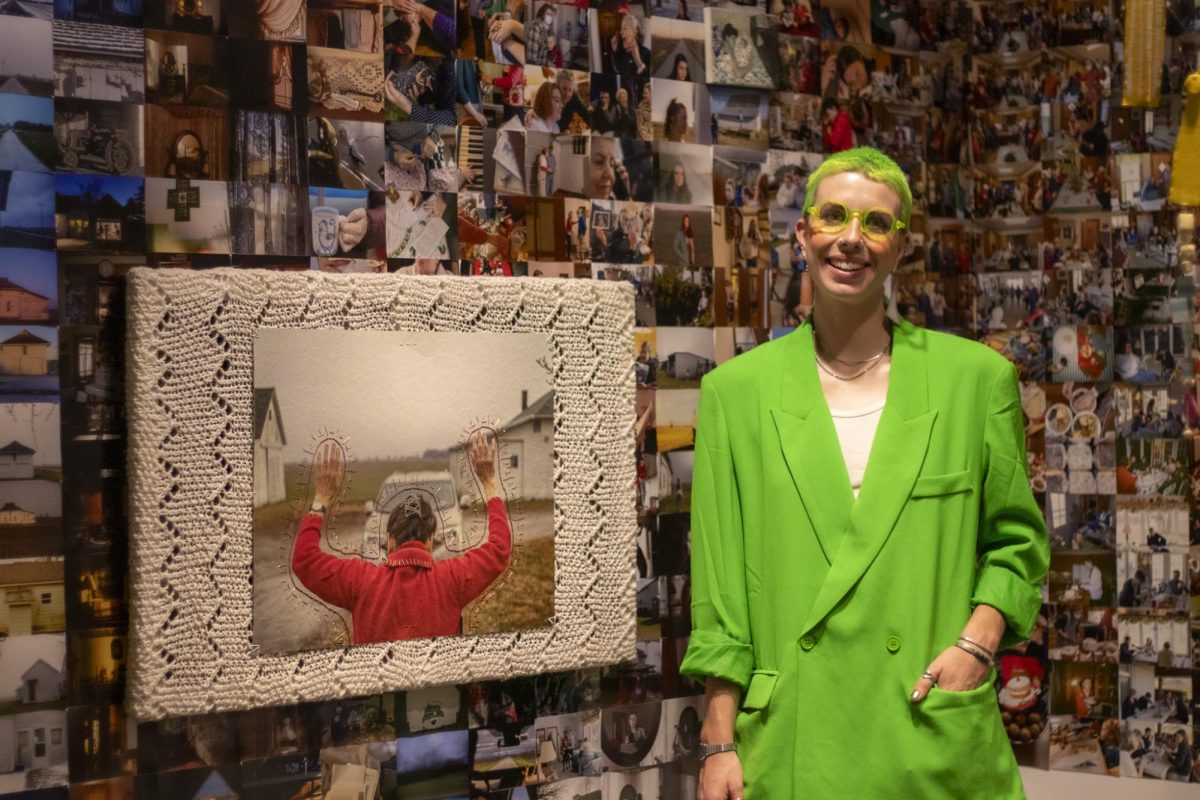Poetry is not fluffy; it is raw, ruthless and vital to the human condition. This was the shared belief of those attending Wendy Barker’s Tribute on Friday. The meeting honored renowned poet and educator Wendy Barker. It featured works from Barker read by Ilan Stavans, Lee Robinson, Ron Starbuck, Natalia Treviño and Jerald Winakur with Steven G. Kellman as moderator.
Dr. Kellman, professor of comparative literature at UTSA and husband of Barker, began by discussing Barker’s working procedures. He emphasizes the importance that rewriting and student workshops had on her writing. He then reads “About Chocolate,” a poem by Barker, which finely illustrates the betrayal of comfort. It highlights the darker undertones that plague chocolate, forcing the enjoyer to question their love for it.
Ilan Stavans, a Mexican-born Jewish-American writer and professor at Amherst College, begins the reading of “Transition” — a poem exploring Barker’s role in the classroom as an educator. The dialogue, directed towards her students and mentees, touches on the ins and outs of being a teacher. He then shares “Ending the Semester in Am Lit,” which describes a student who has not turned in his final essay.
This was followed by Lee Robinson, a poet and associate professor at the Center for Medical Humanities and Ethics at the UT Health Science Center in San Antonio. Robinson reflected on Barker’s ability to expand moments into profound points. She reads several of her works including “At 50, Choosing New Make-Up,” which posed the challenge of aging and the artifice of appearance. Robinson also reads “The Bottom,” which uses vivid imagery to describe the body’s ability to move beyond its physical limits.
Ron Starbuck, a poet and writer, wonderfully conveys the love Barker had for the lives of poets. He reads “Now I Learn,” “Gathering Bones” and “Folding’s,” a piece that stresses the importance of family traditions and the poet’s upbringing.
Afterwards, Natalia Treviño, poet and assistant professor of English at Northwest Vista College, praises the book honoring Barker’s life and work. She beautifully describes it as a mirror to her soul. Treviño reads, “In Praise of Stumps,” a poem that reflects on the desire for tidiness in society and the ecological cost of it. She then reads “Remedial Reading,” a story focusing on the challenges of teaching students with different learning needs. It remarkably displays the importance of creating an inclusive learning environment.
Dr. Jerald Winaker, poet and clinical professor of medicine at UT Health San Antonio, discusses Barker’s Jewish ancestry and its influence on her work. In the poem “Waking Over Call it Sleep” Barker recounts personal experiences of taunting and receiving racist comments. It shows the long-lasting effects of such encounters.
Dr. Winaker then elucidates on Barker’s dedication to her students when recounting her writing, “I always fear it may be me I’m losing after a semester ends.” He emphasizes the importance of honoring her legacy and continuing her mission to support and inspire students.
Lastly, the audience heard words by Barker herself. In a recorded video, she reads to a crowd her works: “Contrails,” “Thunder” and “Sunset, Crescent, with Venus at Greatest Eastern Elongation.” As the video plays, those in attendance are engulfed in her artistic embrace. Her presence, so influential, makes it seem as if she is in the same room. The words flow naturally, leaving no doubt that poetry lived within her.
Onlookers were honored to listen to the works of Wendy Barker. It is important that her legacy continues to live on for students and poets alike.









